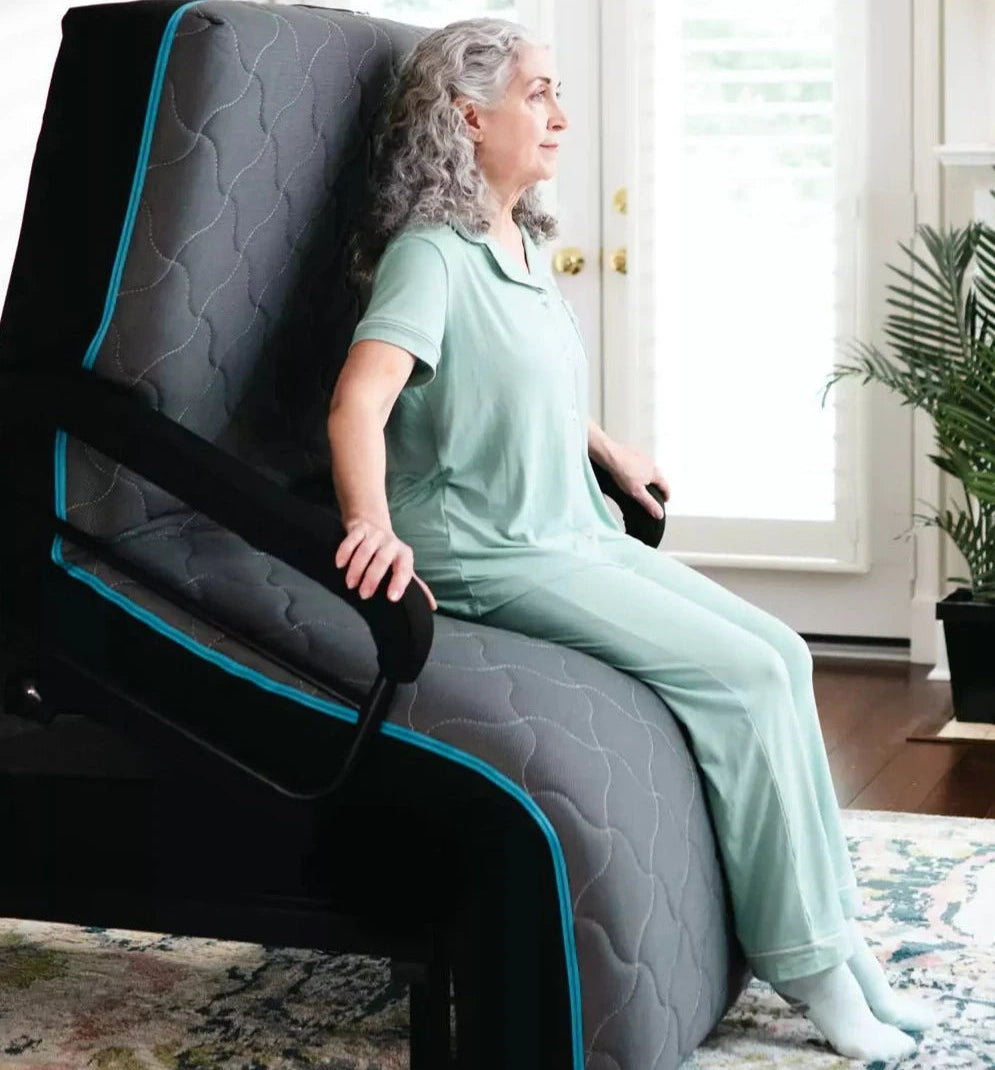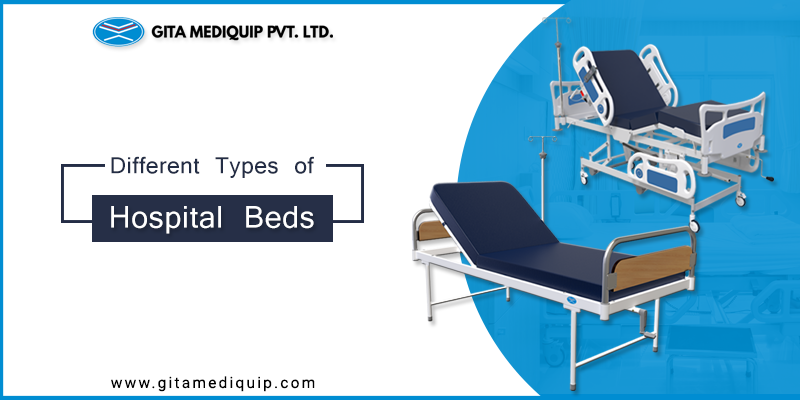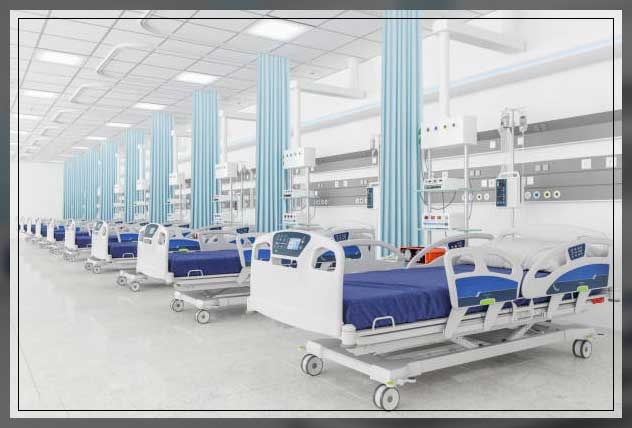Hospital Beds For Home Use for Dummies
The Basic Principles Of Hospital Beds For Home Use
Table of ContentsSome Known Questions About Hospital Beds For Home Use.Not known Facts About Hospital Beds For Home UseThe Ultimate Guide To Hospital Beds For Home Use7 Simple Techniques For Hospital Beds For Home UseFacts About Hospital Beds For Home Use RevealedAll About Hospital Beds For Home UseExamine This Report about Hospital Beds For Home Use
There are 3 primary kinds of medical facility beds: manual, semi-electric, and fully-electric. These beds use hand cranks to readjust the bed's elevation and increase and decrease the head and the foot.
Semi-electric beds have an electrical motor to elevate and lower the head and foot parts of the bed. Patients and caregivers change the placing by pushing switches utilizing a hand pendant. The height of the bed is readjusted by hand with a hand crank. Full-electric beds have an electrical motor that can increase the head and foot sections of the bed along with the whole elevation and positioning of the bed.
6 Simple Techniques For Hospital Beds For Home Use
Some models can likewise move into more settings, such as the Trendelenburg (tilt) placement. There are numerous sorts of health center beds, each made to meet specific patient requirements. Below are some usual types: This is one of the most usual kind of health center bed, developed for general medical usage. It has a handbook or electrically adjustable headrest, footrest, and elevation.
Reduced to the ground than a typical bed. This kind of bed is created for larger patients, with a larger frame and greater weight capability than a conventional bed. This sort of bed is made particularly for children, with smaller sized dimensions than a typical bed. Special features such as complete size side rails and cartoon design.
This kind of bed is created for critically sick patients who need open monitoring and specialized medical devices such as ventilators and infusion pumps. This type of bed is developed for usage throughout labor and shipment, with flexible positions and functions to support the mommy and baby throughout the birth procedure.
The 10-Minute Rule for Hospital Beds For Home Use
Numerous feature and the devices perform broadening grip to various components of the vertebra and the extremities without relocating the human body. These are just a couple of instances of the kinds of medical facility beds readily available. The specific kind of bed used will depend on the patient's problem, clinical demands, and various other factors.
Here is things you require to know. A one-function hospital bed is a medical bed that allows a client to move just the head or foot area up or down. A 2 function health center bed generally refers to a type of clinical bed that has 2 flexible features to assist patients in medical facilities or care facilities.

The Greatest Guide To Hospital Beds For Home Use
A 7-function ICU bed is a sort of clinical bed that offers numerous adjustable features to sustain critically unwell individuals in an extensive treatment unit (ICU) (hospital beds for home use). The seven features usually consist of: Back-rest change: The backrest can be gotten used to various angles to aid the client rest up or exist down easily
Height modification: The bed can be elevated or lowered to make it much easier for clients to here are the findings enter and out of bed, and for caretakers to provide treatment. Trendelenburg position: The whole bed can be slanted to promote blood flow and blood circulation in the body. Reverse Trendelenburg position: The bed can likewise be slanted anonymous in the contrary instructions to advertise blood circulation and circulation in the upper body.
1. What Dimension is a Hospital Bed? 2. Exactly how Much Does a Health Center Bed Cost? 3. Why Do Medical Facility Beds Have Side Bed Rails? 4. What Are The Key Hospital Bed Parts?. While more cost effective than electrical versions, these beds require exertion for adjustments. The major benefits of hand-operated beds are their price and dependability, as they do not rely on electricity. Nevertheless, the need for hands-on effort can be a restriction in circumstances where quick modifications are required or where caregivers face physical challenges.
About Hospital Beds For Home Use
Semi-electric health center beds use a balance of handbook and electrical controls. These beds offer an optimal middle ground between guidebook and completely electrical choices, supplying simplicity of use without the full price of electric designs.
Semi-electric beds are appropriate for individuals that require modest changes to the head and foot areas yet can handle without frequent elevation changes. This makes them an economical remedy for those seeking comfort and comfort without the demand for consistent repositioning. Totally electric healthcare facility beds include electric controls for seamless adjustments to the height, head, and foot sections.
Specialty health center beds, such as ICU beds, lasting care beds, and bariatric beds, are carefully designed to attend to details clinical demands. These beds supply tailored take care of diverse patient groups, improving both outcomes and comfort. In the following areas, we will check out the major sorts of specialized hospital beds, detailing their certain advantages and applications.
With years of experience in producing electric direct actuators - hospital beds for home use and close partnership with the medical care industry, TiMOTION is well-positioned to offer trusted healthcare services. Our up and down incorporated business takes care of every action of the manufacturing procedure, from layout to actuator setting up, ensuring we supply phenomenal worth and personalized options tailored to your details demands
Some Known Facts About Hospital Beds For Home Use.

For more information regarding integrating these innovations right into your products, contact us today. More analysis:.
Data is sourced from the Medicare Price Report.

Not known Details About Hospital Beds For Home Use
A healthcare facility bed is a bed developed particularly for clinical purposes. It is not only an area for patients to rest, however additionally a system for medical operations. Unlike normal home beds, hospital beds usually have flexible attributes, which can facilitate medical staff to make different modifications according to the demands of patients, such as changing the elevation, inclination, and support angle of the back and legs of the bed.